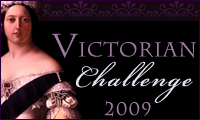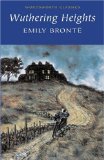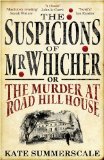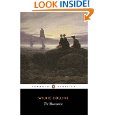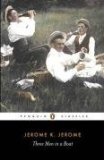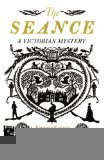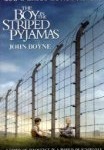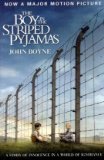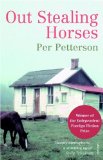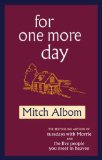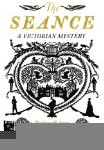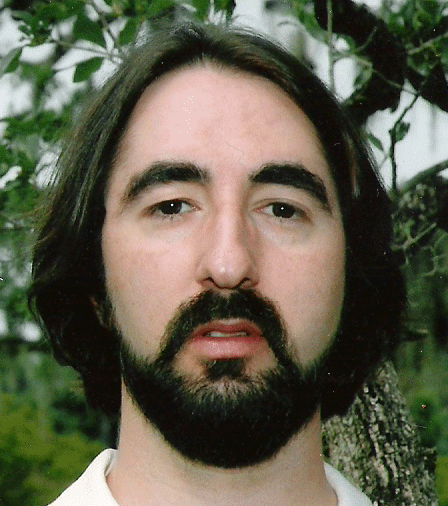
Chris Tusa is the author of Dirty Little Angels, which is set in the slums of New Orleans, and follows 16-year-old Hailey as she deals with problems within her family, and the dark world of drugs and violence that surround her. You can read my review here.
After reading his debut novel, Chris kindly agreed to answer a few of my questions.
Congratulations on getting your first novel published! What is the best thing about having your book in print?
It’s very exciting to know that people all over the world are reading a book I’ve written. Specifically, it’s rewarding to know that people (assuming the book impacts them) are being drawn into a world (and toward characters) that I created.
When you started writing the book did you have the whole plot in your mind, or did it develop as you went along?
I had a general plot in mind, but the interesting thing about writing is that the characters (once developed) often have their own ideas of where the story should go.
Did you do any special research before writing the book?
Occasionally, I did have to locate bits of information I wasn’t familiar with-the location of a street, a song title, etc. In general, though, there wasn’t much research.
What thoughts would you like readers to have on finishing Dirty Little Angels?
I want readers to be impacted on an emotional level, and I want them, as a result of reading the book, to contemplate their own lives. This is primarily why I choose to write about such desperate and downtrodden people. In my opinion, readers learn more about themselves when they read about desperate people. Desperation and tragedy truly transform us, primarily by forcing us to contemplate our own lives. It may sound strange, but I don’t have any desire to write safe, happy little books filled with characters that readers grow to admire. Of course, I want readers to experience a gamut of emotions while reading, but I’m happiest when a reader tells me they hate one of my characters. When they hate a character (like Moses) I know I’ve impacted them on an emotional level, mostly because when readers begin to hate a character, they begin to truly learn about themselves.
Your first book, Haunted Bones, is a collection of poetry. Do you prefer writing novels or poetry?
I like writing poetry, but it is not nearly as rewarding as writing fiction. I can sit and down and spend a day writing, and when I’m done (on a good day), I’ll have a poem I’m happy with. Novels take years to write, and there are so may things that can go wrong. It’s very daunting, which makes it more rewarding when you’re done. Poems are sprints. Novels are marathons. And to be honest, now that I’ve run the marathon, I want to run as many as a I can.
How did you get published? Did you have an agent?
Initially, my agent sent the ms out to a number of large NY publishers. Two of them liked the ms and asked for revisions, but neither was happy with the changes. A friend of mine recommended the University of West Alabama, and I decided to send it to them. They liked it, and the rest is history.
Who are your favourite authors?
My favorite writers are Kurt Vonnegut, Chuck Palahniuk, Harry Crews, Daniel Woodrell, Flannery O’Connnor, Tennessee Williams, and George Orwell.
Are you planning to write more books in the future?
Definitely. Currently, I’m working on a novel involving a very dysfunctional family. Essentially, it’s a dark tragicomedy/satire that focuses on a man named Walter Piggert who, after having visions of the Virgin Mary, becomes convinced he’s the Second Coming of Christ.
Thank you Chris, for taking the time to answer my questions. Good luck with your next novel!
![]()



